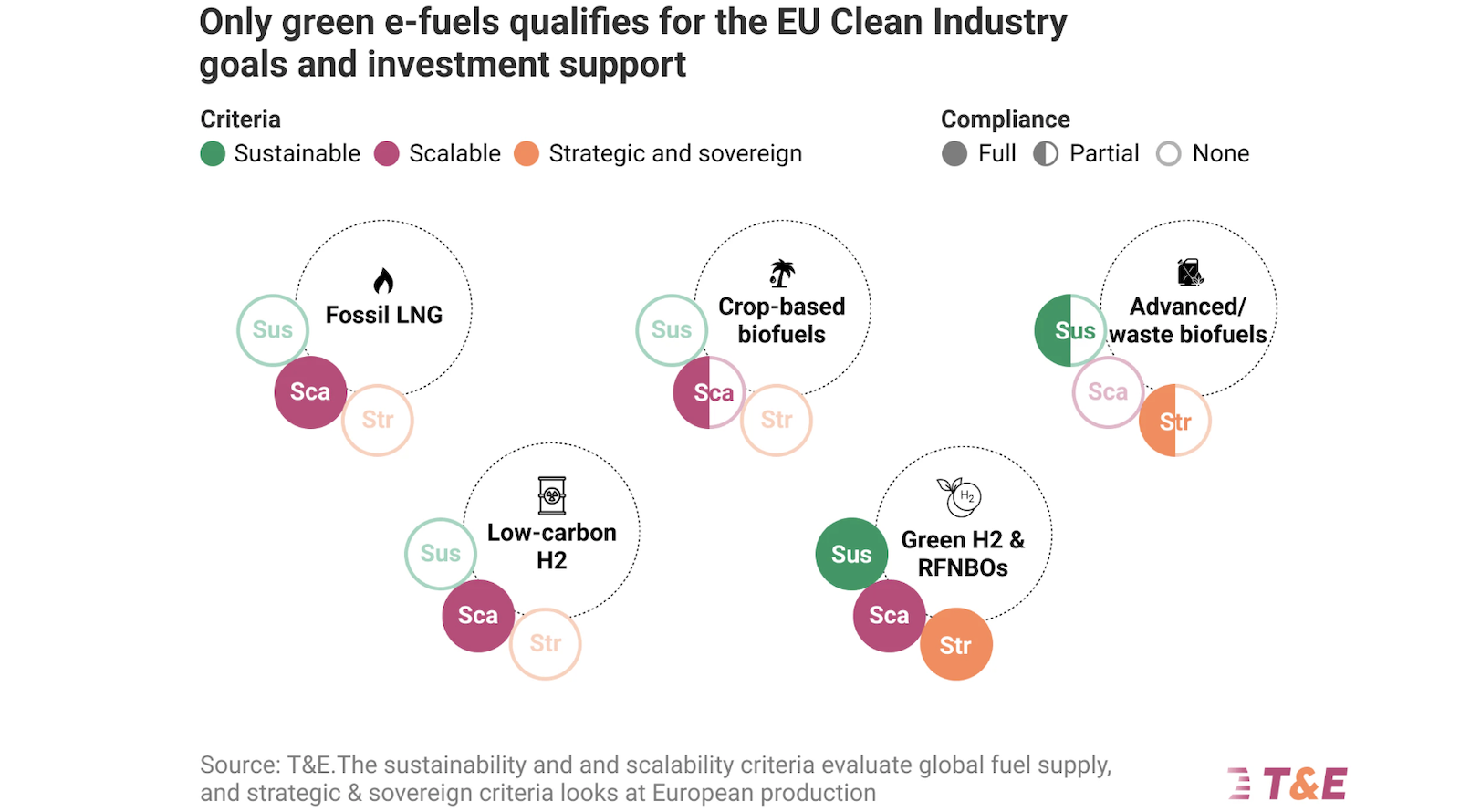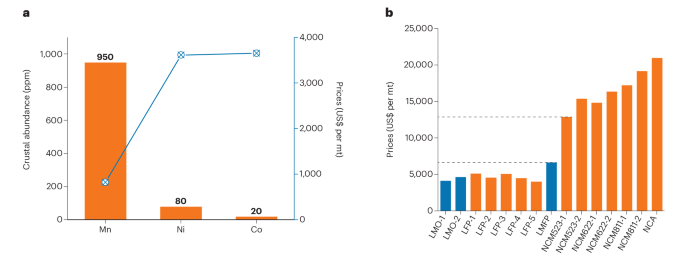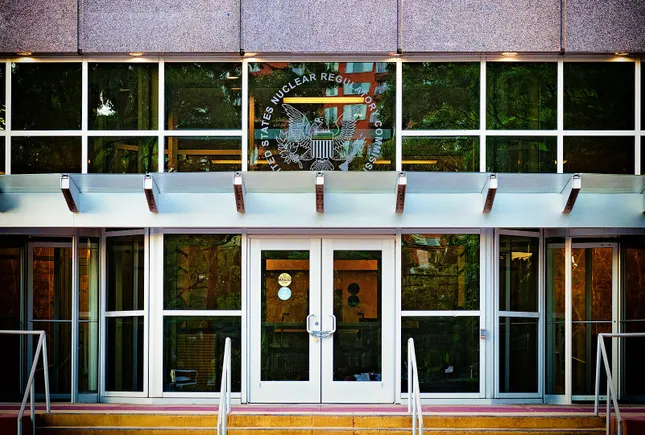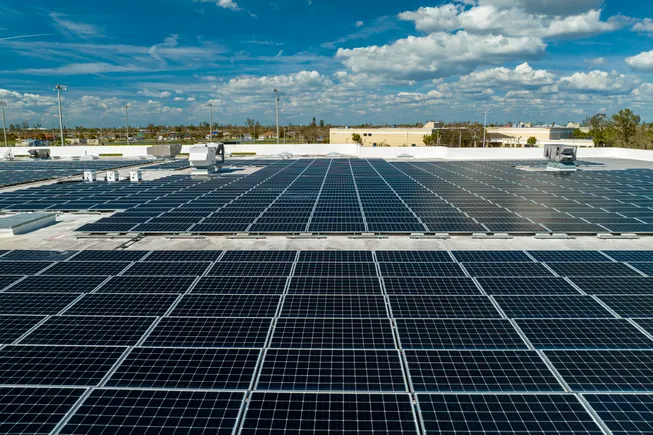River Island to shut 33 stores with hundreds of jobs on the line
River Island is set to shut 33 of its 230 stores as part of a major restructuring plan that could put over 1,000 jobs at risk, with a further 71 shops under review pending talks with landlords.

River Island is set to shut 33 of its 230 stores as part of a major restructuring plan that could put over 1,000 jobs at risk, with a further 71 shops under review pending talks with landlords.
The fashion retailer has blamed the shift to online shopping and rising operational costs for the move, which is being overseen by restructuring advisers PwC and will be put to creditors for a vote in August.
Chief executive Ben Lewis said in a statement the business would “try to keep [job losses] to a minimum”, but admitted River Island’s store portfolio was “no longer aligned to our customers’ needs”.
“River Island is a much-loved retailer, with a decades-long history on the British high street,” Lewis said.
“However, the well-documented migration of shoppers from the high street to online has left the business with a large portfolio of stores that is no longer aligned to our customers’ needs. The sharp rise in the cost of doing business over the last few years has only added to the financial burden.”
The update follows River Island’s announcement earlier this month that it had drafted in PwC to work on a court-supervised restructuring deal as losses mount.
In 2023, the retailer swung to a pre-tax loss of £33.2m after turnover dropped 19% to £578.1m. That compares with a £2m profit the year prior.
Back in January, River Island had launched a redundancy programme at its London head office, impacting roles across buying, merchandising and HR.
The business, employs around 5,500 people and operates stores across the UK and Ireland.
Its restructuring plan mirrors moves by other embattled retailers, including Poundland, which is eyeing the closure of up to 150 stores and two distribution centres, and the end of its online operations.
Experts say the use of restructuring plans — a mechanism introduced during the pandemic — is likely to rise as retailers continue to battle weak footfall, higher wages, and elevated taxes such as business rates and national insurance.
Click here to sign up to Retail Gazette‘s free daily email newsletter

















































































































































